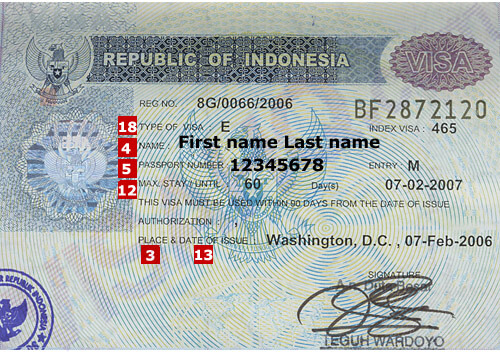Indonesia Embassy list in Chad
Need help?Chat with us
Importance of Trip Registration at the Indonesia Embassy
Registering your trip with the Indonesia embassy is crucial for ensuring safety, effective communication, and access to support during emergencies. In case of natural disasters such as earthquakes or volcanic eruptions, having your details registered enables the embassy to provide timely updates and assistance. For instance, if a political unrest disrupts the peace in your travel area, the embassy can quickly advise on safe zones and evacuation procedures for registered travelers. In medical emergencies, being on the embassy’s list ensures prompt support and access to local medical facilities. Knowing that the embassy has your travel information fosters a sense of security, allowing you to focus on enjoying your trip while being prepared for any unforeseen circumstances.
Indonesia Embassy FAQs
Can the Indonesia embassy assist in legal issues abroad?
Yes, the embassy can provide assistance in legal matters by offering guidance on local laws and connecting you with legal counsel.What should I do if I lose my Indonesia passport in Chad?
If you lose your passport, report the loss to the local authorities and then visit the embassy for assistance in obtaining a replacement or an emergency travel document.Do I need a visa to enter Chad?
Yes, most foreign nationals must obtain a visa prior to entry into Chad. The embassy can provide specific information based on your nationality.What steps should I take if I am detained in Chad?
Contact the embassy immediately for guidance and support. They can assist with legal representation and ensure your rights are protected.What types of visas does the Indonesia embassy issue?
The embassy issues various types of visas including tourist, business, and student visas, depending on your travel purpose.
Services Provided by Indonesia Embassies in Chad
Passport Services
- Issuance of new passports
- Renewal of existing passports
- Lost passport replacement
Visa Issuance for Foreign Nationals
- Tourist visa applications
- Business visa applications
- Student visa applications
Assistance in Legal or Medical Emergencies
- Guidance on local legal issues
- Coordination with local legal representatives
- Medical assistance referrals
Travel Alerts and Safety Updates
- Information on safety conditions in Chad
- Travel advisories for travelers
Support for Nationals Detained Abroad
- Legal assistance and representation
- Communication with relevant local authorities
Summarized Diplomatic Presence
The Indonesia diplomatic presence in Chad consists of an embassy located in the capital city, N’Djamena. This embassy plays a vital role in reinforcing bilateral relations between Indonesia and Chad, focusing on areas such as trade, investment, and cultural exchange. The embassy’s primary functions include providing consular services, supporting Indonesian nationals, and promoting collaboration in various sectors. The presence of diplomatic missions is critical for facilitating dialogue and fostering mutual understanding, enhancing cooperation in areas like environmental sustainability and humanitarian efforts.
